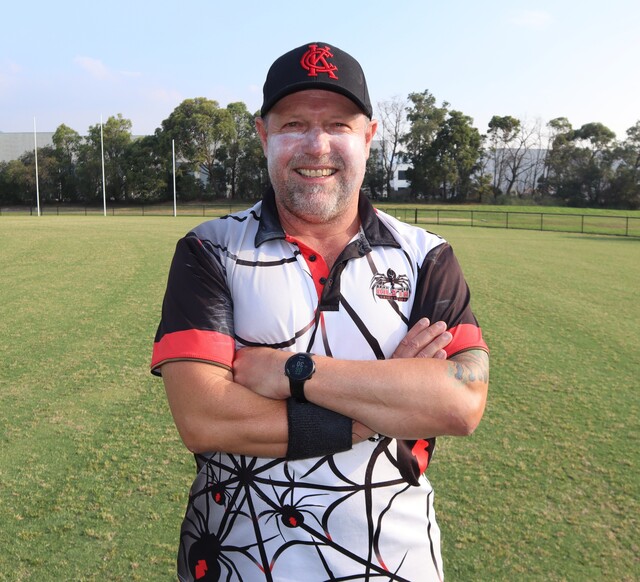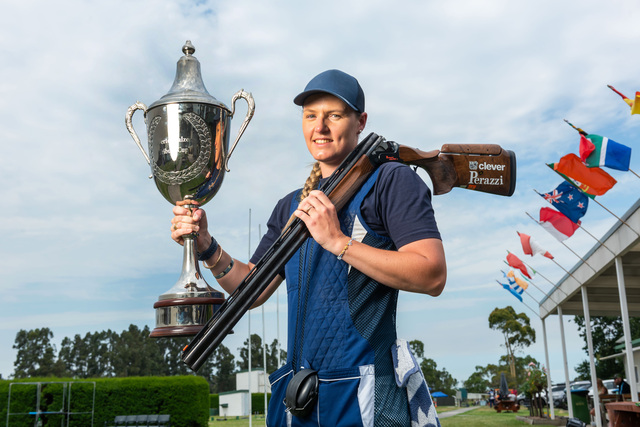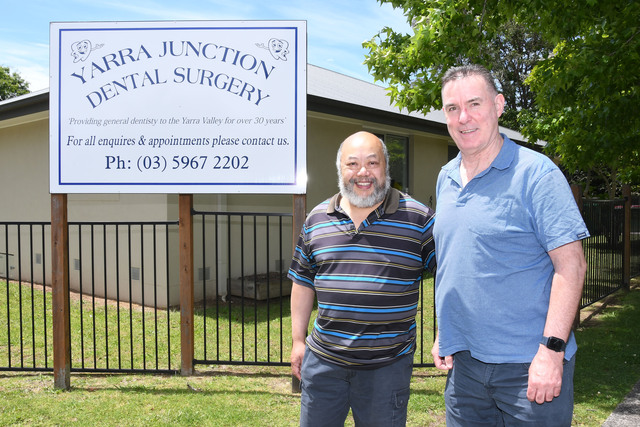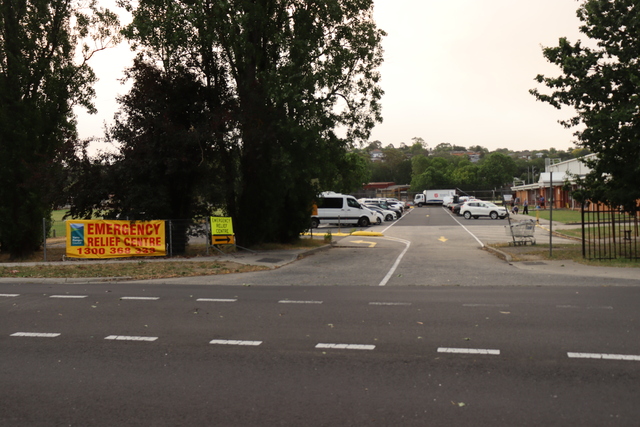With family and domestic violence continuing to be a major issue throughout Australia, it’s important to shine a light on different avenues to protection that are available to victims.
One potential option is a family violence intervention order (FVIO), a civil order which can be granted by the Magistrates’ Court to help protect a person, their children and/or their property from a family member, partner or ex-partner.
An FVIO granted to a daughter by the Ringwood Magistrates’ Court was recently upheld in the County Court of Victoria despite an attempt to appeal it by her mother.
The judge who considered the appeal ultimately decided in favour of the respondent and Victoria Police’s submission that the two-year duration of the FVIO was appropriate, rather than the appellant’s proposal that it should be withdrawn.
The FVIO, which was granted in June 2024, will now continue to be in place until it expires next year preventing the appellant from committing a broad range of actions that could be considered family violence.
Director of legal services and principal lawyer at Eastern Community Legal Centre (ECLC) Belinda Lo said intervention orders can protect people if the people who are the subject of that order respect the law.
“They are orders that the court makes either with the agreement of somebody or without that person’s agreement to stop that person from behaving in a certain way towards another person or their family,” she said.
“If you do have an intervention order made against you, so if you’re the one that has been ordered by the court to not commit family violence, if you break that order then the police are empowered to investigate and bring charges against you.
“But it’s not an immediate charge by the police, there’s a step in between and essentially family violence intervention orders are to protect people from being subjected to psychological, physical, sexual, verbal and emotional abuse by a family member or somebody who is like a family member to them, so that can include carers or very close people in your life that you would consider your family.”
Under the Family Violence Protection Act 2008, family violence can also include being economically abusive, threatening, coercive or trying to dominate or control a family member in a way that causes them to fear for their safety or wellbeing. It can also include when a child hears or witnesses these behaviours, the threat or act of intentionally damaging property, attempting to locate or follow the family member or publishing information about the protected person on the internet.
Ms Lo said everyone has a right to appeal what they believe is unfair, but in order to do so, they have to prove that the reasons for the order being made in the first place are not necessary.
“Sometimes people who have intervention orders made against them think it’s a punishment, it shouldn’t be perceived as a punishment in the sense that the intervention order is really just to stop behaviour that’s against the law in any event,” she said.
“You’re not getting a fine, you’re not going to have some sort of criminal sanction at all if you have an intervention order against you but what you have got is a court order telling you to stop behaviour that you can control.
“For survivors who are really concerned about their intervention orders or those potentially attempting to appeal intervention orders that are made against them, they will have to convince the court of a few things.”
The standard for a successful appeal is very high, with the appellant having to either prove an error of law (an error regarding the application of a law), fact (an error regarding the evidence of a trial) or discretion (an error regarding the judge’s actions in preciding over the trial).
Ms Lo said for anyone experiencing family violence, the first thing they suggest is to contact police, who have specialised family violence liaison officers trained to support survivors and who can make an application for an intervention on their behalf.
“You can also talk through what has happened to consider whether or not criminal charges may need to be laid as well, they are two separate situations, but they often go hand in hand, as you can imagine, because family violence as we know can have some really horrific situations that occur,” she said.
“You will often see that somebody who might have criminal charges laid against them also have an intervention order, at least a short-term one, until the criminal charges are heard and applied against them as well to stop them from continuing to behave in the violent way towards the family violence survivor and the family members if there are children.
“I would also really always recommend that people seek the support of family specialist services, we have them all across the region and they’re all extremely skilled, they are extremely compassionate and non-judgmental to be able to also help you if you want, if you’re worried about going to the police station by yourself or you don’t know where to go first and, of course, you can always contact your free community legal centre as well.”
















